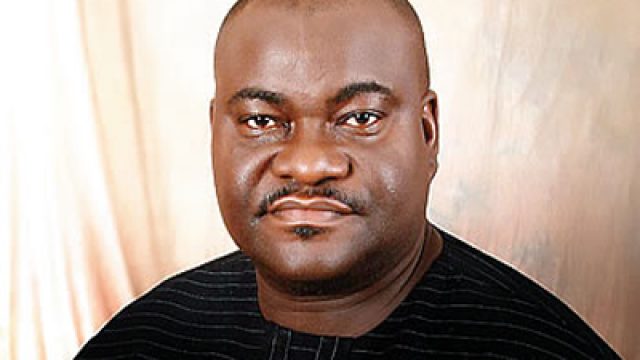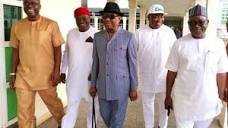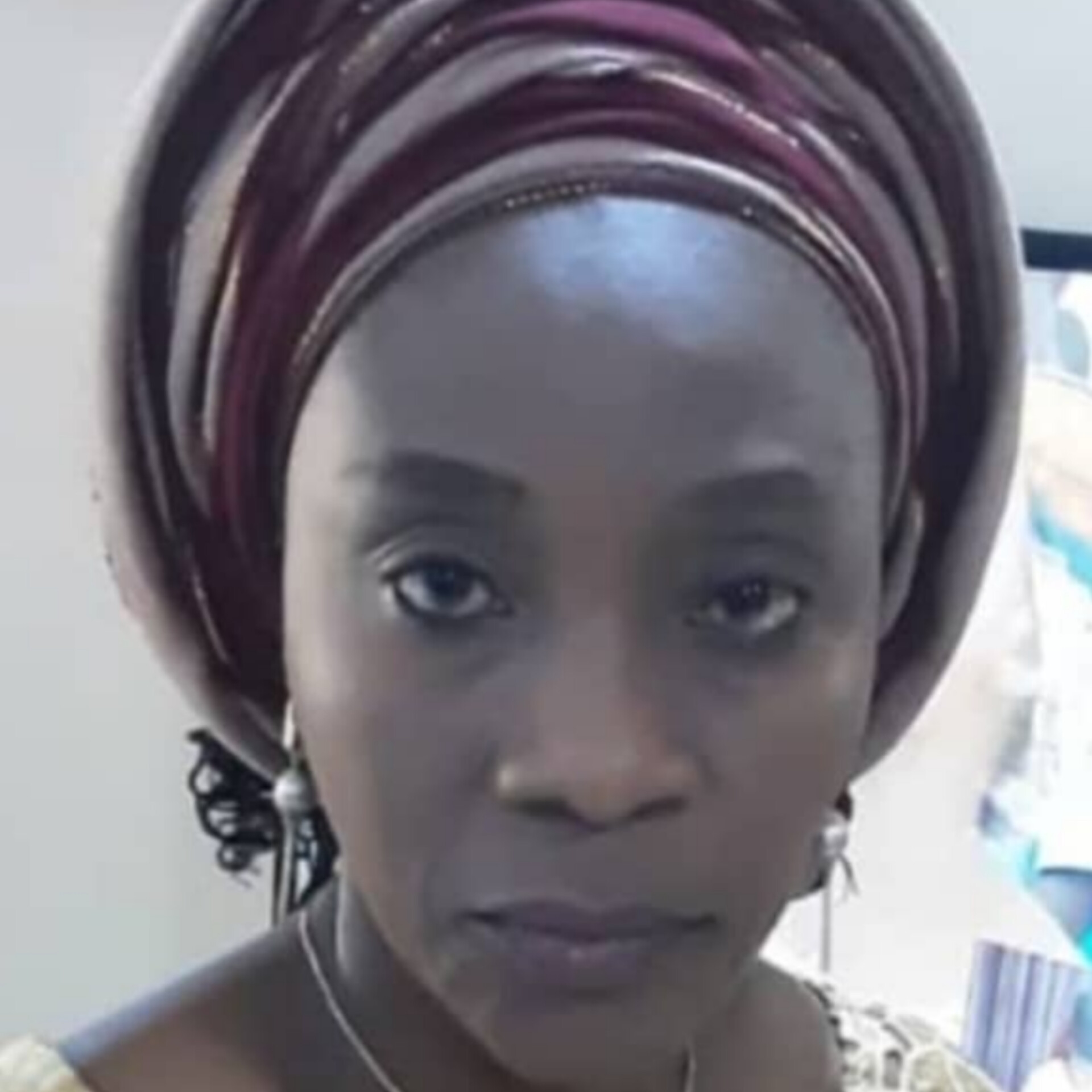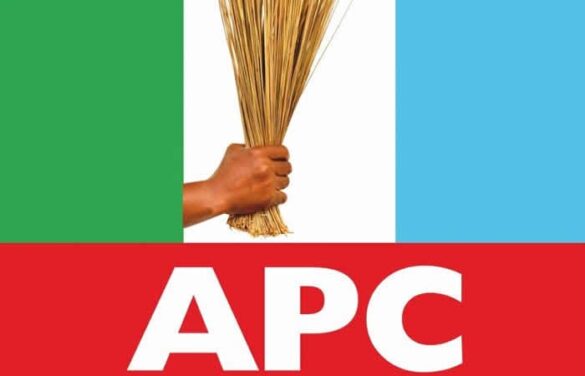By Tunde Olusunle
For leaders, statesmen and constituents of the Okun-Yoruba sociocultural bloc in Kogi State, the last few weeks have been characterised by a flurry of consultations and interactions, meetings and engagements. At the core of these dialogues has been the unfulfilled desire of the Okun people of the state which lies ensconced at the very heart of the North Central state, to lead the multicultural geopolity. Created by the administration of Nigeria’s former military President, Ibrahim Babangida on the sixth anniversary of his government, August 27, 1991, Kogi State is a bouquet of curious complexities. It is arguably the very first in the history of geographical reconfigurations in Nigeria, to be “amalgamated” from two different states. While the predominantly Igala-speaking segment was hewn out of the erstwhile Benue State, the Ebira and Okun-Yorubas were sectioned out of the primordial Kwara State. Interestingly, Nigeria’s two largest rivers, the Benue and the Niger, are joined in landmark matrimony in the historic town of Lokoja, capital of the state. Nigeria’s legendary colonial overlord, Lord Lugard once held court in this hitherto pristine address.
Since the inception of the state, the largely Igala-speaking Eastern flank of the state, serially held court in Government House, Lokoja. The Kogi State seat of government is christened Lugard House after the iconic character who, in 1914, oversaw the contentious sewing together of the former Northern and Southern protectorates, to form the controversial entity called Nigeria. Since the advent of the Fourth Republic in 1999 for instance, the baton of leadership in Kogi State was serially passed from Abubakar Audu, to Ibrahim Idris and Idris Wada, respectively, from 1999 to 2015, all Igala. This was the trend for 17 years within the period, except for a brief interregnum in 2008, when the courts called for fresh poll between Audu and Idris. Speaker of the House of Assembly at the time, Clarence Olafemi from the Okun stock, held sway for a fleeting three months and conducted the election which returned Ibrahim Idris. It is necessary to mention here that the closest a candidate from Okunland came to the topmost political office in Kogi State, was in 1999 when Arc. Stephen Olorunfemi ran on the ticket of the Peoples’ Democratic Party, (PDP). His main challenger was Audu who hoisted the flag of the All Peoples’ Party, (APP) at the time. Olorunfemi put up a robust fight. It was alleged though that some Okun elements surreptitiously aligned with Audu, to shortchange Olorunfemi.

Igalaland was poised for perpetuation in office beyond 2015 when Audu who contested the governorship that year against the incumbent, Idris Wada, of the Peoples’ Democratic Party, (PDP), was in clear lead in the election of November that year. Tragically, he died before the results were fully tallied and announced. Yahaya Bello, an Ebira from Kogi Central who came second behind Audu at the primary of the All Progressives Congress, (APC) months earlier, was curiously called up to inherit Audu’s votes! Such weird and incongruous political prescription had no precedence in Nigerian politics. Bello deployed every untoward and unimaginable tactics to return himself into office during the November 2019. His tenure runs out in January 2024, and the process for his succession has begun.
Much against popular expectation that Bello will support the rotation of power to the third largest ethnocultural entity, Okunland, he handpicked his kinsman Ahmed Usman Ododo, at a kangaroo APC governorship primary last April. Bello has been reportedly slammed for obvious nepotism, with Ododo his mentee alleged to be his first cousin. Ododo until he was singularly handpicked by Bello, was the auditor-general for local governments. In concert with his benefactor, he brought intolerable pain and untold hardship to civil servants by irregular salary remittances and criminal mutilation of their paychecks. Senator representing Kogi West, Smart Adeyemi who was conned out of the governorship primary has since proceeded to court to challenge Ododo’s so-called election at the primary, which at best was a sham “selection” exercise.
Governorship ticket questers from Okunland, have sought platforms elsewhere to actualize their dreams and aspirations. Three such Okun sons, Dino Melaye, Leke Abejide and Olayinka Braimoh, have picked the governorship tickets of the main opposition party, the PDP; the African Democratic Congress, (ADC) and the Action Alliance, (AA), respectively. While Melaye and Braimoh are from the Kabba-Bunu/Ijumu federal constituency, Abejide is from Yagba federal constituency. He is the incumbent representative of the constituency in the House of Representatives. All three gentlemen have been on the field in preceding weeks paying homages to royalties, interacting with stakeholders, visiting opinion moulders and holding townhall meetings across the far-flung 21 local government areas of the state. The three candidates come with peculiar competencies and differing qualities. The curriculum vitae of each one of them, transcends by a million miles, the colourless and provincial profile of Bello’s protege. All three of them are pursuing their quests with uncommon verve and determination.
The Igala of Kogi East cannot bear the possibility of exclusion from the topmost office in the state for another four, nay eight possible years. Despite having had two deputy governors from their ranks, Simon Achuba and Edward Onoja respectively under Yahaya Bello, Igala people believe they have been wilfully relegated to “second class citizenship” in the sociopolitical scheme. There are over half a dozen Igala governorship candidates for the November 11, 2023 poll, notably: Okeme Adejoh, (Labour Party); Omale Samson Agada, (Young Peoples’ Party) and Musa Salihu Mubarak, (New Nigeria Peoples’ Party). Others include Arkigofa Musa Abdulazeez, (All Peoples’ Grand Alliance); Murtala Yakubu Ajaka, a businessman and philanthropist, (Social Democratic Party) and Usman Onyibe Jibrin, a former Chief of Naval Staff, (Accord Party).
Before the February and March 2023 general elections, many of these political parties would not have been given a chance in an election in Nigeria. Upsets by newcomers like the Labour Party and the New Nigeria Peoples’ Party, however, have demonstrated the capacity for electoral upset, by mass movements. And despite this multiplicity and diversity of governorship candidates from the same ethnic stock, the Igala people are famous for setting aside individual interests and vaulting egos, if they must fight a common cause. It has been proposed that they can be rallied under the same umbrella by the topmost traditional leader in Igalaland, the Atta Igala. Herein lies the challenge for Okunland which has not had venerated, leadership rallying points in over a decade. The legendary Sunday Bolorunduro Awoniyi, CON and Silas Bamidele Daniyan, CON, respectively, were the fulcrum of Okun leadership in their time.
Not giving up, Okun leaders have been engaging very robustly in recent weeks. Between Saturday June 3, and Sunday June 4, 2023, Okun Think Tank, (OTT), the intellectual arm of the Okun Development Association, (ODA), was locked in marathon meetings. The issue at hand is how to ensure that Okunland goes to the November poll as a harmonious, unified house. Okunland shouldn’t miss out on this bright chance to lead from Lugard House, for the first time in the 32 years of the creation of the state. The two-day OTT meeting was co-chaired by Major General Julius Oshanupin and Chief Bayo Ojo, SAN, CON. It was attended among others by the President of the ODA, Attorney Femi Mokikan; Professors Joash Amupitan, SAN, and Mike Ikupolati; Drs David Atte and Toyin Akanle. Ambassador Rotimi Akenson; Colonel Tunde Fagbemi; Air Commodore Kunle Obayemi; Dr Tunde Arosanyin and Chief Femi Melefa, were also present. After hours of deliberations on Sunday June 3, the OTT meeting resolved to invite all three Okun candidates and the genuinely embittered Smart Adeyemi to a meeting scheduled for 11am next day, Sunday June 4.
Melaye, Abejide, Braimoh and Adeyemi turned up punctually. The sitting saluted their love for Okunland, and their courage to “chest out,” to use Oshanupin’s military expression, at a time like this to fly the Okun banner in the quest for Lugard House. The OTT leaders reminded them that Okun people cannot go to battle as a split entity, but as a solid bloc. While acknowledging their fiscal and physical exertions thus far, the OTT encouraged them to cultivate rapprochement between themselves even as it will be imperative for Okunland to narrow down to just one candidate in the coming weeks. That is if they, Okun people, are to stand a chance of putting up a good fight.
Elsewhere in the federal capital city, the Kogi Central and West Forum for Equity and Justice jointly chaired by Professor Nuhu Yaqub, OON, and Comrade Jibril Olu Yusuf, equally met Sunday June 4, on the same issue of the imperative of power shift to Okunland. Attendees included: Professors Yusuf Ozigi Aliu; (Mrs) Angela Okatahi and Emily Alemika; Senator Mohammed Ohiare; Alhaji Isa Omolori, and Attorney Justina Abanida. There were also Drs Femi Ajisafe and Matthew Keyi, Hon Sola Adedoyin and Hon Rufus Aiyenigba, among others. The trio of the Okun governorship candidates were also invited to that session. A rational section of Kogi Central where Yahaya Bello and his nominee Usman Ododo come from, believe it is only fair and reasonable that Kogi West produces the next governor. They are historically mindful of the facts that Ebiraland produced a governor in old Kwara State in the Second Republic, Adamu Atta, and a deputy governor, Usman Abatemi, before that era was torpedoed by the military December 31, 1983. Unconfirmed reports allude to a measure of opacity in the conduct of the engagement which allegedly skewed the outcome of the meeting in favour of a predetermined candidate.
As it turned out, the various high level meetings on the Okun governorship issue thus far, have analysed similar issues. These include: competence; capacity; public perception; public service experience; width and acceptability of political party, as well as “liabilities” by way of controversies and misgivings in the public space. Given the place of fiscal capacity in Nigerian politics, the issue of solvency was also considered. For now, Melaye, Abejide and Braimoh are holding their grounds, each fancying his prospects at the coming poll. Conversations, lobbying, realignment, coalitions are, however, expected to continue and develop in the days and weeks ahead. This is to help Okunland put forward and support a broadly acceptable candidate for the governorship. He must be that person who, all things considered, is able to “sleep bare-chested beneath the sky view of the chill and freeze, of numbing harmattan,” as a famous Yoruba proverb says. All things considered, such a candidate must tick the boxes and be capable of bringing home to Okunland, the coveted trophy.
Tunde Olusunle, PhD, poet, journalist, scholar and author is a Member of the Nigerian Guild of Editors, (NGE)




